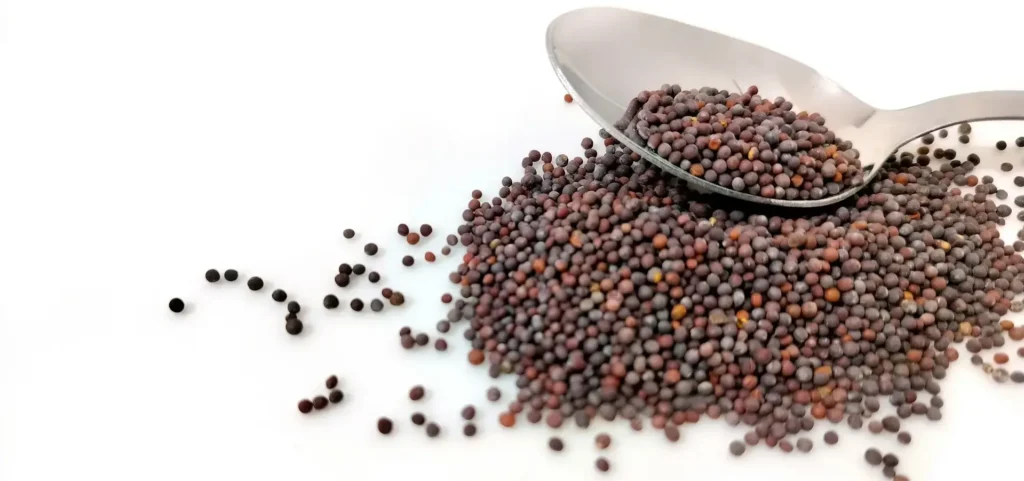By Elizabeth Rimmer
 Elizabeth Rimmer is a poet and editor. She has four collections with Red Squirrel Press, Wherever We Live Now, The Territory of Rain, Haggards, and The Well of the Moon. Her work has been translated into French, Arabic and Gaelic, and her poetry once appeared on the side of a bus. Her next collection Comrades of Dark Night about dislocations, hauntings, othering, transformations, healing and creativity, will be published by Red Squirrel Press in March 2026. https://elizabethrimmer.com . As we approach the end of the Season of Creation, she reflects on the weaponising of the seed industry.
Elizabeth Rimmer is a poet and editor. She has four collections with Red Squirrel Press, Wherever We Live Now, The Territory of Rain, Haggards, and The Well of the Moon. Her work has been translated into French, Arabic and Gaelic, and her poetry once appeared on the side of a bus. Her next collection Comrades of Dark Night about dislocations, hauntings, othering, transformations, healing and creativity, will be published by Red Squirrel Press in March 2026. https://elizabethrimmer.com . As we approach the end of the Season of Creation, she reflects on the weaponising of the seed industry.
The Season of Creation places seeds and grain high on our awareness. The fields have been full of ripening wheat, barley and oats, and farmers have made the best of their harvest. Festivals such as Lughnasadh have had their day on Instagram; seed-saving posts have appeared in gardening blogs and magazines, and seed swaps still being organised in allotments and community halls.
It has been reflected in the liturgy too, so we have field parables, harvest parables, grain parables, and references to the tiny mustard seed. With these things in my mind, the story which I read about Israel destroying a seed bank in Hebron [1] cut me to the heart.
Destroying a resource like this seems more than an act of war, because it doesn’t just prevent an enemy from threatening you, or even killing you. It feels like sacrilege. It is an attack on life itself, on hope, on the very fabric of peace itself. The article in Global Voices makes many points I would have made here, about patterns of colonial powers destroying indigenous crops and restricting traditional agricultural practices across the world, from America to Africa to Asia, to create dependency and impose colonial lifestyles and economic structures.
Major seed companies have tried to ban farmers from saving seeds from their crops to ensure a continuing market, and in some cases deliberately engineered infertility into the seeds. Even in this country the sale of heirloom seeds is heavily regulated under the guise of customer protection, and across the world, as the well-known Indian activist Vandana Shiva points out, large multi-nationals, fertilizer companies, oil companies and pharmaceutical companies, control much of the market, with detrimental results.
But activism need not be all about protest. There are many movements promoting local ‘seed sovereignty’ – the freedom for farmers to save, use, swap and sell their own seeds. It enables farmers to choose which seeds they want to sow and select what grows best in their conditions. Internationally, the Gaia Foundation and the Soil Association encourage the local production of open-pollinated seed which can be saved and shared, to develop strains more closely adapted to growing conditions.
In Battir, in the West Bank between Bethlehem and Jerusalem, a seed library[2] which was started to reclaim traditional Palestinian seed varieties has sparked global initiatives such as the Seed Protectors Project[3] in the US.
Such initiatives are often taken up by missionary or charitable development groups to help war-torn or vulnerable communities to recover, to feel secure, and to co-operate with neighbours rather than being preoccupied with defence.
This is a genuinely fruitful idea – in the gospel of John (12:24) we are reminded that a seed is not something that can be stockpiled or locked away to preserve it. To yield a ‘rich harvest’ it must be sown, harvested and shared.
Ark
This is an ark, a seed, a womb, a coffin,
a narrow space lit by a hidden spark
that reaches out, and breaks its walls
and surges to the light.
Falling where wind takes it,
puts out tenacious roots among stones,
in ditches or briars, in cracks
in tarmac, in the waiting heart.
What comes out no longer what went in.
It is a newness built from memory,
re-weaving, as if a template learned
to speak for itself, in its own voice –
a mythical pairing of one who wanders,
one who stays at home, buried and set
adrift, planted, green branches all over
the shining rainbowed earth.
[1] https://globalvoices.org/2025/08/07/israel-destroys-palestines-last-surviving-seed-bank-echoing-a-colonial-legacy-of-erasure/
[2] https://hadaramagazine.com/seeds-of-hope/
[3] https://www.palestineheirloomseedlibrary.com/projects/the-seed-protectors
Photo by Jaspreet Kalsi on Unsplash

